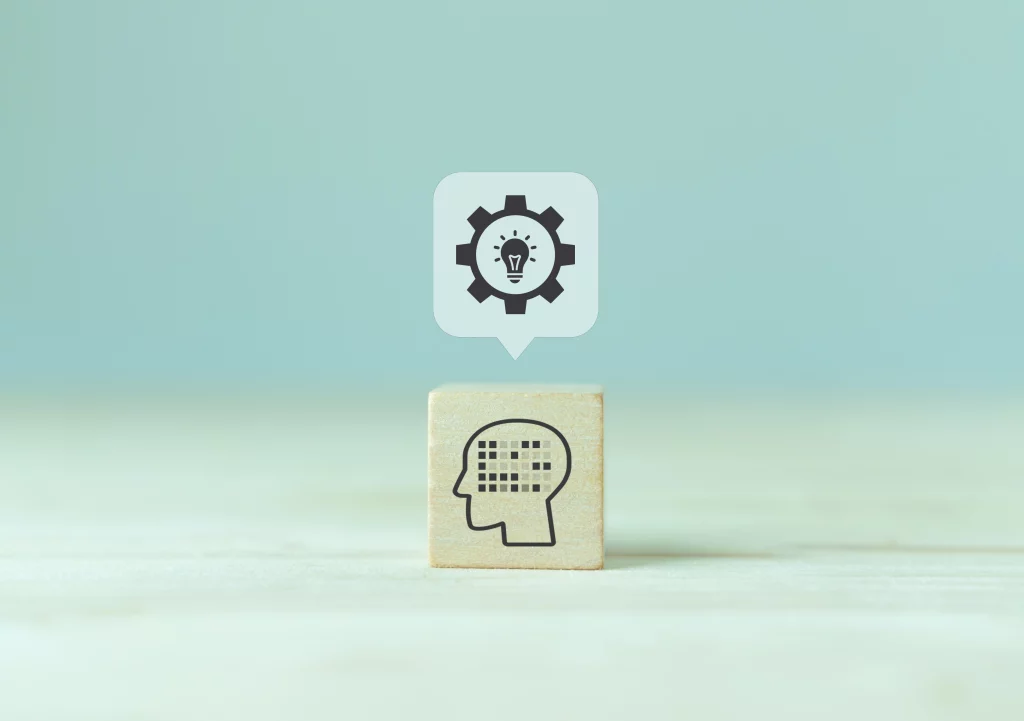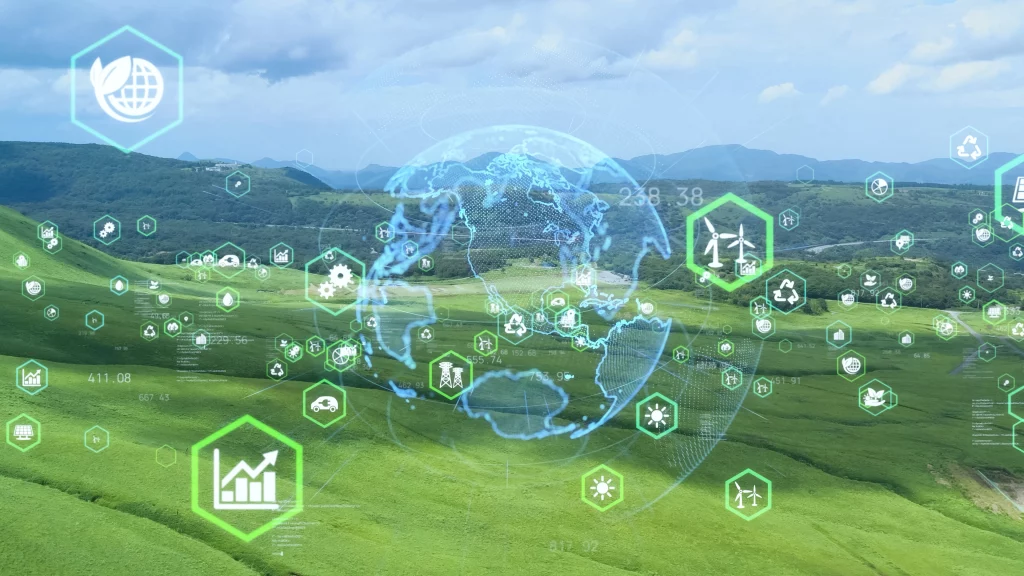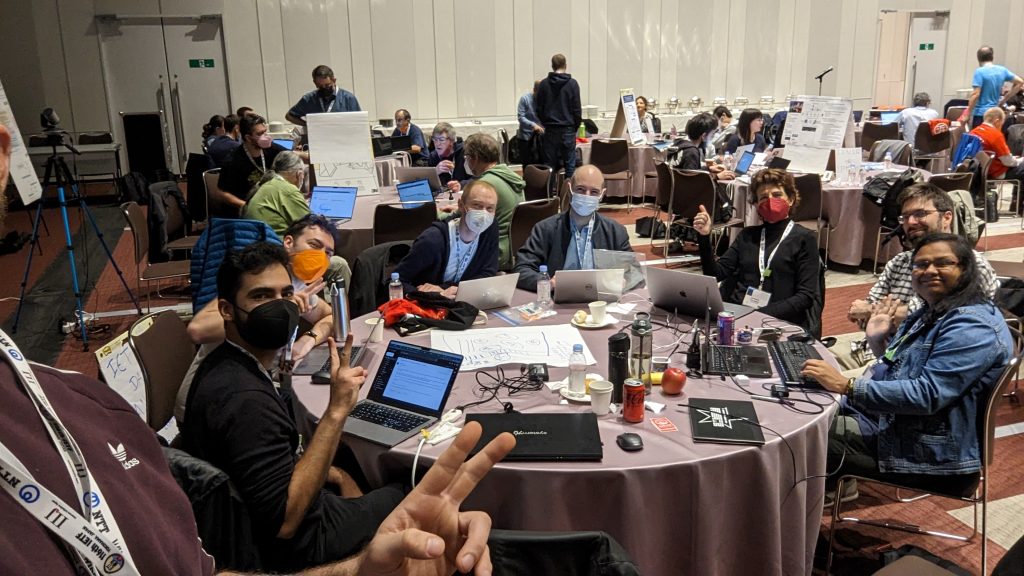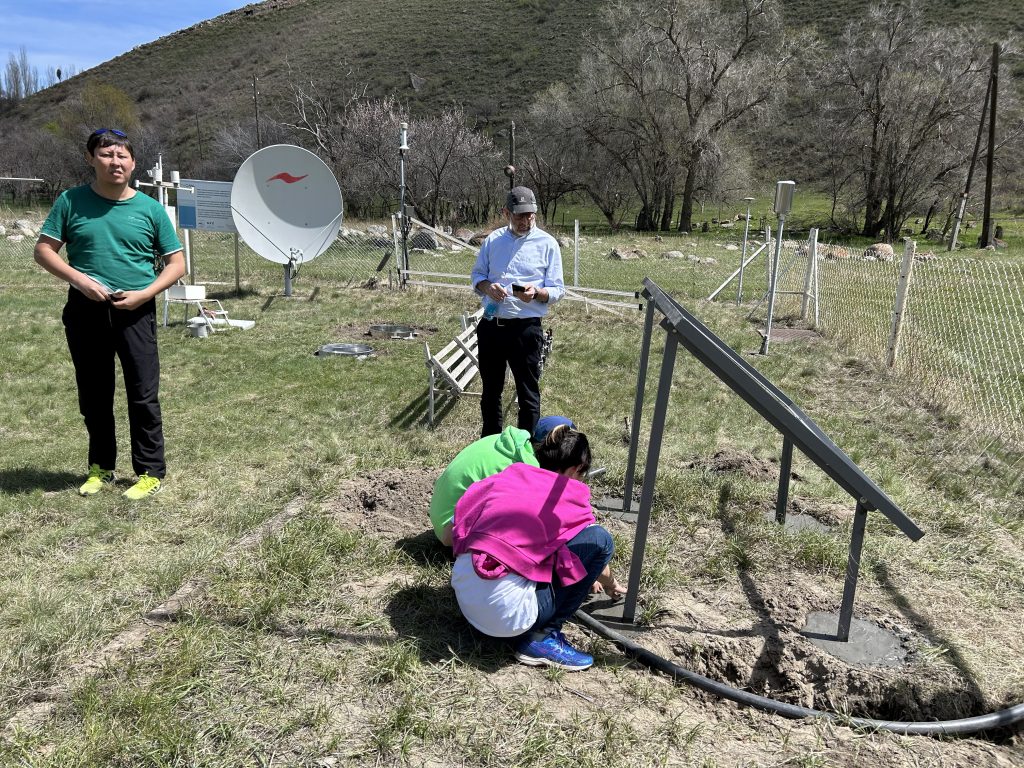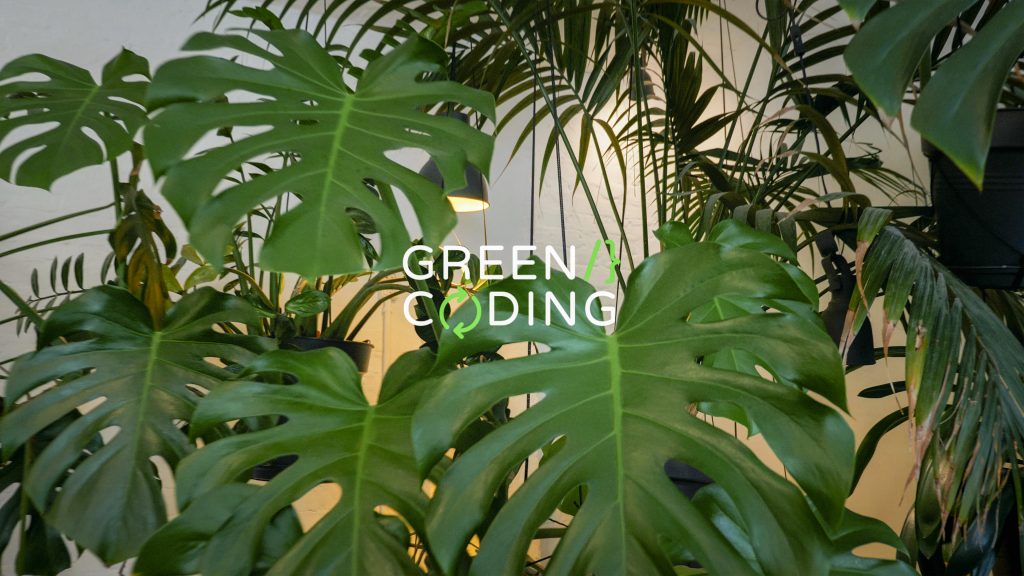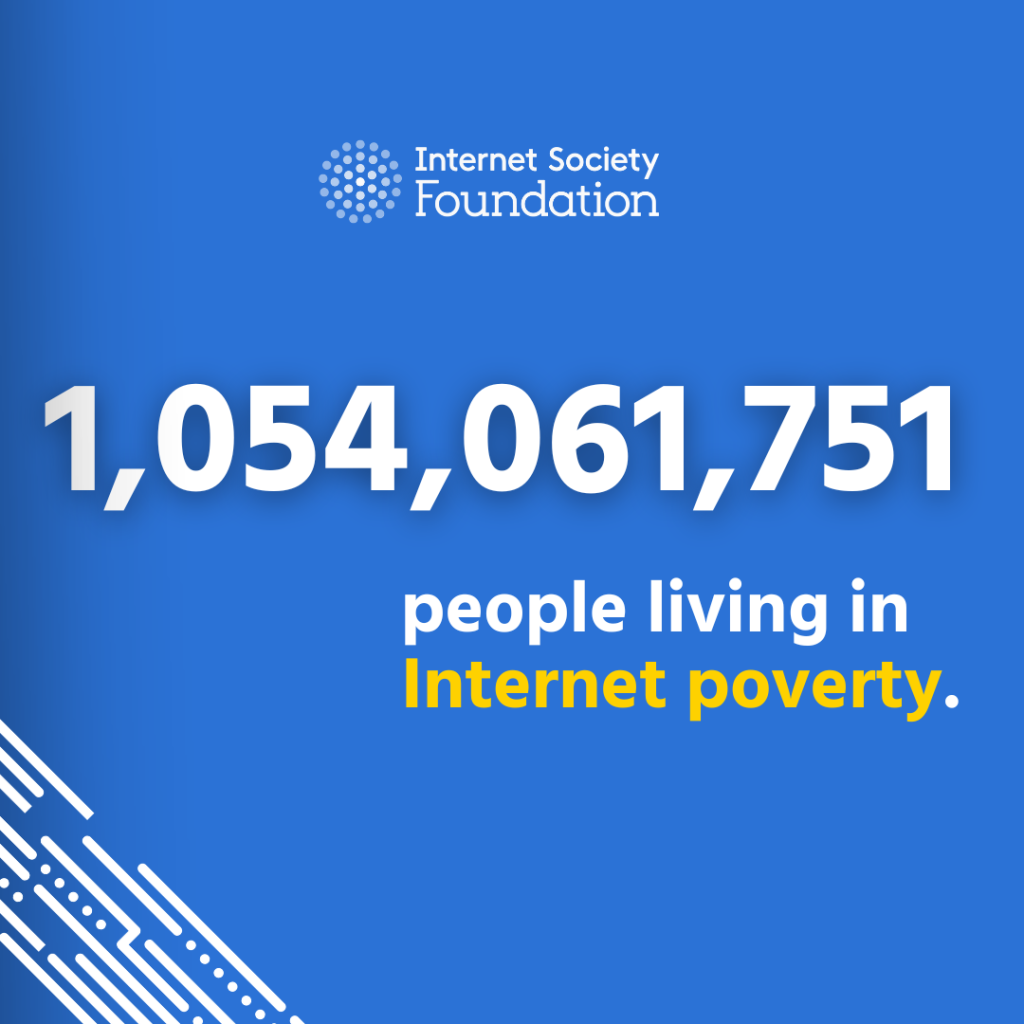RESEARCH QUESTION The question that is addressed in this research is: Can advanced AI methods (ML, NLP) be used to make the Internet more inclusive for communities in low-resource environments in the Global South such that local weather data combined with Internet-based global climate information become sharable beyond the Internet’s current boundaries and in people’s…
Read MoreRESEARCH QUESTION The research focuses on green power through ambient RF energy harvesting, where up to 6V can be harvested through the cascading of multiple rectenna circuits. The research question is: Can IoT be green-powered using ambient radio frequency (RF) energy harvesting? WHY IS THIS RESEARCH IMPORTANT? IoT continues to grow exponentially, with about 30…
Read MoreRESEARCH QUESTION The main research question is: How does Internet infrastructure reconfigure power relationships and resource dependencies, and how could it better serve the public interest? In order to answer the question, the research develops three research streams: environment, geopolitics, and standards. (1) The research on the topic of environment explores the relationship between natural…
Read MoreRESEARCH QUESTION Can we use the Internet of Things in a rough environment to detect landslides and other threats while developing an open and secure infrastructure? The research takes place in the Kyrgyz Republic. WHY IS THIS RESEARCH IMPORTANT? Due to the geographic location of the Kyrgyz Republic, the risk of mudslides and flooding is…
Read MoreRESEARCH QUESTION The research aims to answer three research questions: (1) What concepts of programming software in an environmentally friendly way (“Green Coding”) exist for software development in general? (2) What concepts of environmentally friendly software engineering processes are already in place in the Internet industry? and (3) How can Green Coding concepts be implemented…
Read MoreRESEARCH QUESTION Did the digital gender gap mean that women and men experienced the COVID-19 pandemic differently, and what are the microeconomic and macroeconomic consequences of this gap? Did governments take action and succeed in fast-tracking access to Affordable and Meaningful Connectivity as a result of the pandemic? What specific actions proved to be impactful in…
Read MoreRESEARCH QUESTION The question that is addressed in this research is: Can a decentralized mutual credit-based community voucher combined with a community network and localized services incentivize (i) custodianship of commons infrastructure, (ii) creation of more locally generated digital content, and (iii) act as a catalyst to the stability and expansion of a local market? …
Read MoreRESEARCH QUESTION In order to further support the equitable increase of global Internet usage, this research project leverages the current Internet Poverty Index (IPI) — developed by World Data Lab (WDL) with support from the Internet Society Foundation — and upgrades its features to analyze and model with greater granularity the segments of the population…
Read More- « Previous
- 1
- …
- 3
- 4
- 5

